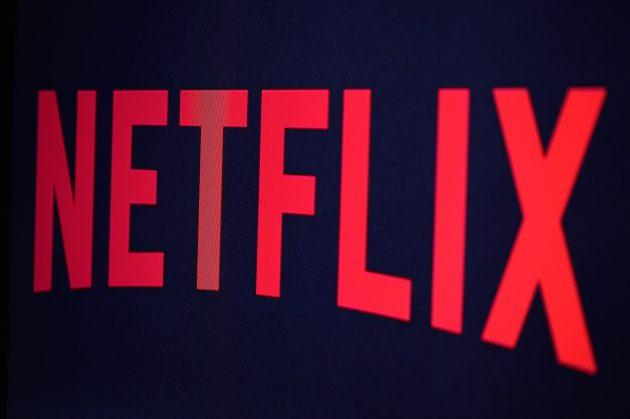The U.S. Federal Communications Commission voted along party-lines on Thursday to repeal internet regulations adopted in 2015 known as “net neutrality.”
Proponents of the regulations, which were adopted during the Obama administration, had argued that the increase in regulations was necessary to prevent internet service providers from charging websites that consume a lot of data, such as Netflix, more.




